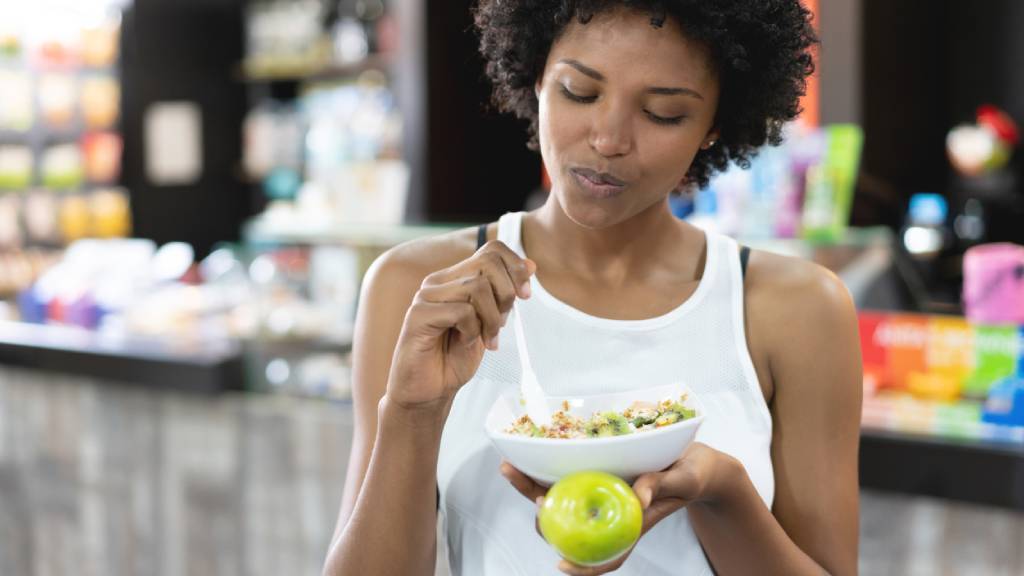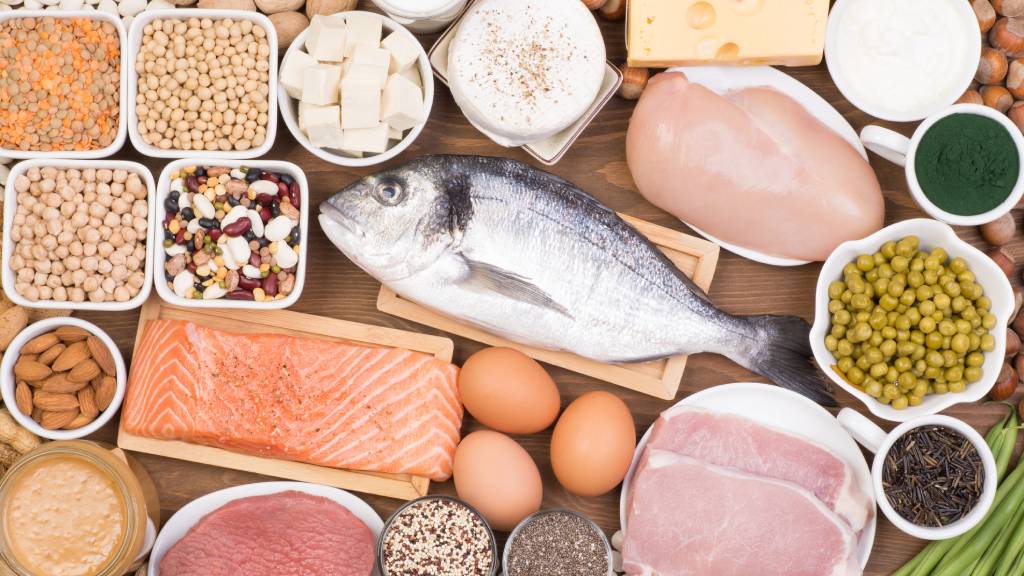Should I eat before running long distances?

Planning to take part in your first 10k run and not sure whether you should eat beforehand? No matter whether you’re running an ultramarathon or shorter distances like the Real Insurance Sydney Harbour 10K & 5K, what you consume, and when, is important. With a regular marathon clocking in at over 42 kilometres, a 10K run is only a quarter of the length, however for many people, this distance would take a fair bit of prep, planning and even mental preparation. Your food on the day and while training for the race is something you may want to consider.
Experts say that what you eat prior to running can impact your performance. Too much food or the wrong food can result in cramps, a side stitch or runner’s gut. It’s a fine balance, because not eating can leave you feeling zapped of energy before you’ve finished the race. A study published by the Journal of the International Society of Sports Nutrition highlighted the importance of what you eat in the weeks prior to race day and how it plays a significant role in exercise performance.
The weeks leading up to the race

Proper nutrition is important when preparing for any running event, even if it is smaller distances. Try to incorporate wholefoods, fruit and veggies, lean proteins such as skinless chicken, fish, beef and tofu, and healthy fats such as avocado, nuts, fatty fish etc.
In the weeks leading up to the race you should also take the opportunity to give your stomach a breakfast trial and see how things go by eating before you run. Avoid high fibre foods if you tend to have digestive issues. A piece of white toast with banana, or a bagel with peanut butter will stop any hunger pangs and give you the energy you need to power you through your training run.
Pre-race night
This is not the night to indulge or expand your eating horizons to new exotic dishes on your bucket list. Stick to food you know your stomach will tolerate. If making a stir fry with lean protein and veggies, be sure to avoid large amounts of wind-inducing cruciferous vegetables such as broccoli and cauliflower. Alternatively, a big feed of noodles, pasta or bread can weigh you down.
The morning of the race
Based on your breakfast trials, you should have a good idea of what sits well with you prior to running and what could trigger cramping, stitches or other unwanted side effects. On the morning of the race, allow 2-3 hours between eating breakfast and the race start. Stick to what you have been eating for breakfast during training. While some people believe that running on an empty stomach is the optimal option, experts suggest that to achieve optimal performance it’s better to eat lightly and well before an extended run.
After your run
Many people focus on what to eat before running, failing to plan for afterwards. It can be tempting to reward yourself by stopping off at the nearest fast-food outlet, but what you eat afterwards is just as important as pre-race nutrition. Your running goals should be taken into account for any post-race snacks or meals. If weight loss is your goal, nitrate-rich foods such as beetroot and leafy greens can help reduce running fatigue.
Ready to run?
Now you’re well versed in what foods will fuel you and allow you to reach a new personal best in the Real Insurance Sydney Harbour 10k & 5k. With both a physical and virtual option available, it’s a race you won’t want to miss!
2 Jun 2021